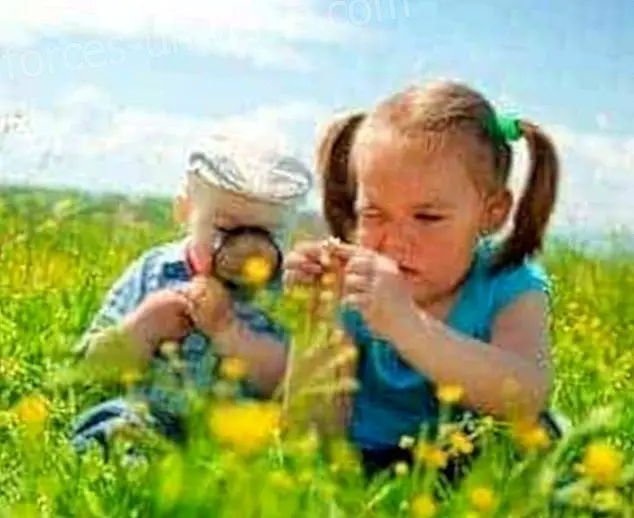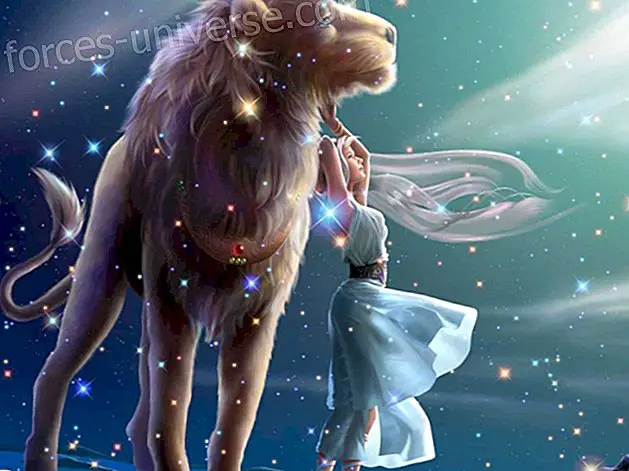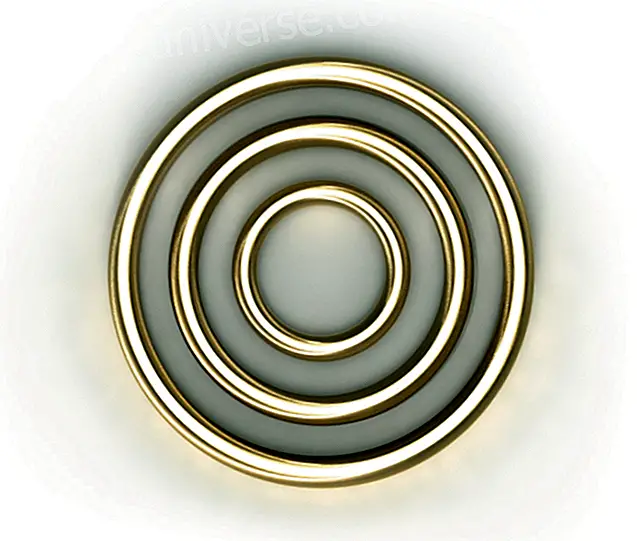2) THE VULNERABLE GODDENS: HERA, DEMÉTER AND PERSÉFONE
The author emphasizes that in Greek mythology these goddesses are known to have been raped, abducted, humiliated and dominated by male deities . In turn, confirms that all suffered greatly, to the point of displaying psychological symptoms, when marital or sentimental ties were exposed, terminated or dishonored . This led them to develop impotence which was expressed by each one in a particular way. These behaviors they took were those that characterized them historically. On the other hand, Hera is known for expressing such impotence in the form of jealousy and excessive rage, and Demeter and Persephone as depression .
The advantage of knowing the behavior that these vulnerable goddesses invoke when they are activated by certain situations or simply inhabit us (without knowing well why) as a constant, (Hera, Demeter and Persephone) can provide us with a greater understanding of their (or rather our ) need to relate and be able to handle, at best, the pattern that is activated in the face of the loss of sentimentally significant relationships .
When these goddesses, are the intrinsic forces that dominate the mind of a woman, we must know that their attention is placed on others, outside, so that what motivates them are relationships rather than the persecution and concretion of an achievement or autonomy, etc. (As it is for virgin goddesses whose interest is an external goal or inner state determined for example)
In this way, women who feel they have similarities with these goddesses as they develop behaviors such as being continuously receptive and attentive to others, their main motivation will be approval, love and attention . Therefore, “ women identified with these goddesses are attentive and receptive to other people . They are motivated by the compensation of relationships: approval, love, attention, and the need for the archetype to mate (Hera), nourish (Demeter) or be dependent (Persephone like the kore). For these women, playing traditional women's roles can be full of meaning. ”

3) THE ALCHEMICAL GODDIES
Jean Shinoda Bolen locates Aphrodite (only one goddess) because she possessed the gift of transformation, so it is correct to call her an alchemical goddess . Aphrodite is the goddess of love and beauty. The master psychiatrist mentions that according to Greek mythology, Aphrodite was such an imposing presence that she made any mortal or deity fall in love with her and grant life. They tell the legends that Aphrodite along with Pygmalion (sculptor who fell in love with the statue he had created), turned a statue into a woman alive (totally opposite to Athena who turned people into stone ).
Aphrodite was an inspiring muse of both poets and those who wrote persuasive speeches . She symbolizes the transforming and creative power of love.
This goddess has aspects in common with the other two groups of goddesses, however, it does not belong to either. She is known as the goddess who had more sex, so she was never a virgin goddess, despite the fact that she shared similar characteristics with Artemis, Athena and Hestia, such as doing whatever she pleases . I never become a vulnerable goddess even having many similarities with Hera, Demeter or Persephone, such as being linked to male deities or having children . Unlike them, Aphrodite was never a victim for what she did not suffer as such. In all his relationships with men, feelings of desire were reciprocal ; She was never abducted, raped, humiliated or dominated by manly deities. "I valued the emotional experience with others more than their independence from them (which was what motivated the virgin goddesses ), or the permanent links (which characterized the vulnerable goddesses)."
Despite sharing characteristics with the other two categories of female goddesses, the essence of Aphrodite makes it totally different from them . Aphrodite was interested in consummating relationships and generating life, that is, she cared about relationships as an emotional experience, but she did not expect that such a link would become a long-term commitment (desire of vulnerable goddesses).
This archetype is expressed as a creative process that materializes in a physical relationship . “Any person or anything that is impregnated with beauty by Aphrodite is irresistible. There is a magnetic attraction , a special "chemistry" between two people , and they want union above anything else. "

How does society affect the Goddesses who inhabit each Woman?
Culture, of course, supports those goddesses who favor social roles that they want to be developed by women, imposed by the societies in which they are a part. Some attitudes of the goddesses, depending on society, are considered either as positive countenance or as totally negative aspects .
In patriarchal societies, usually the roles that are accepted are those of the wife (Goddess Hera), the mother (Goddess D meter), and the maiden (Goddess Pers fone). Although this stereotype is currently in disuse. The role of the Alchemical Goddess, Aphrodite, is judged as the whore or the temptress , which are detrimental to the sexuality and sensuality of this archetype . When the role of mother (Hera) for example assumes an attitude of anger or simply affirms itself, it is considered a " harpy" or "crazy".
Many cultures, throughout history and even today, strongly deny the expression of freedom (be it clothing, tastes, etc.), of independence, intelligence or sexuality in women. In this way the attitudes, feelings, desires, needs and behaviors of the goddesses Artemis, Athena or Aphrodite are absolutely prohibited.
This is how all aspects of the life of a woman, a member of a certain society, are pre-designed because when they are born, the roles that are acceptable and those that are not are configured. As well as what is expected of each woman in the role she has to assume. This favors the personification or expression of certain goddess patterns over others . This also happens with the cycles of life. The stages of a woman's life, puberty, pregnancy, menopause and old age, are key moments that reinforce certain behaviors to the detriment of others.

Activating the Goddesses
Jean Shinoda Bolen reminds us how the Greeks invoked the gods when they needed certain things or required certain skills to perform some kind of feat, or simply ask for their blessing . This is why many of his hymns were invocations of his deities . Therefore, they resorted to invoking them to obtain what they wanted. The technique they taught to invoke them was: imagine them and then invoke them. This is how they can “invoke ” the goddess they feel they need to develop, or some archetype that is beneficial to them, making an effort to feel, see and possess the sensation of their presence, then visualize it through creative imagination and then ask for their characteristic force Then you will have examples, given by the masterful psychiatrist Bolen, of these invocations:
● Athena, help me think clearly in this situation.
● Persephone, help me stay open and receptive.
● Hera, help me to commit and be faithful.
● Demeter, teach me to be patient and generous, help me to be a good mother.
● Artemis, keep me focused on that distant goal.
● Aphrodite, help me to love and enjoy my body.
● Hestia, honor me with your presence, give me peace and serenity.

What goddess are you? Do you feel identified with any of them or several? Or maybe have you felt like any of the goddesses felt at some point in your life? If you liked the article I invite you to share if you have experienced the dominion of any goddess in you or if you are a man, perhaps you have observed it in a woman in your life.
REDACTORA: Gisela S., editor of the great family of the White Brotherhood.
PART 1:
SOURCE: Bolen, JS (2012). The goddesses of each woman: a new feminine psychology. Kairos editorial.






